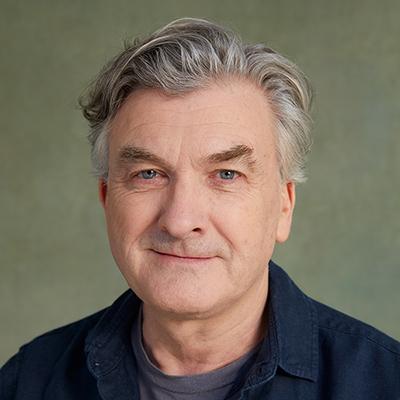We all seem to be in such a hurry, don’t we? Rushing from one deadline to another with the terms: “Just-in-Time, Critical Path, Rapid Prototyping and Innovation Sprints” ringing in our ears. No time to read a book, but somehow we find time to spend on average 45minutes a day on Tik Tok. We’ve turned our worlds into tiny bite-sized pieces, to be consumed at pace because we have so much to do and so little time to do it in. Or do we?
A retired friend of mine, who’s happily engaged in restoring an old, dilapidated French chateau, confided in me that he had found himself working to exhaustion from dawn to dusk pushing to meet the deadlines he had set. Nobody had imposed them on him, he was supposedly in control. It seems to be part of the human condition to drive ourselves forward. He has since decided to rejig his life, removing the deadlines, but setting his targets, not by time, but by quality – it will take as long as it takes, but it must be done right. He has more breaks, observes his work and plans the next step over a cup of tea. The results surprised him. He actually got jobs done, not just better, but quicker. Because he took his time, he made less mistakes, made better choices, and worked more effectively.
I must have run, or attended, hundreds of innovation workshops in my time. Looking back to see how many actually resulted in anything going to market, I would have to say, not nearly enough. Were the ideas bad? No, they were often very exciting, and we left the sessions with high hopes. So, what happened? I am a big fan of workshops – bringing diverse skills and experiences together to squeeze ideas out in an intense collaborative atmosphere. It’s exhilarating, productive and very satisfying. However, these fast-paced sessions are only one half of the equation; we need to balance quiet contemplation as well. We need to spend time with our ideas and a beverage of our choice, to look at them from every angle. New ideas are fragile and need careful handling for them to mature and see the light of day. They may be provocative, challenge convention, use new technology, or take you in new uncharted directions, all of which could be reasons to kill them off with a hastily made decision. They need a chance to get a foot hold in our commercial systems, and that takes time.
A big part of human advancement is down to the speed at which we can now do things. AI and satellite mapping can analyse the productivity of a crop field in a moment, saving the farmer hours of work, keeping his fertiliser costs down, and reducing river pollution. We need speed, but that doesn’t mean being slow is bad. For example, if the same farmer’s animals spend longer in the fields and more time to mature before slaughter their lives will be better and their meat will be tastier for the extra time taken (vegetarian options also available).
So could slow work define a project structure, not primarily by its launch date, but by its quality outcome, as did my builder friend? If my experience of working in my youth for a Ministry of Defence engineering supplier is anything to go by – probably not. The MODs exacting standards slowed everything down to a grinding, asthmatic pace and the resulting cost overruns were infamous. You still need drive to get to a successful result, you just need to change the pace once in a while. So maybe slow work is not an overall philosophy, but a technique we can apply in combination with our innovation sprints and rapid prototyping when we need to take a bit of extra time to avoid mistakes, take the right path and up the quality.
We often hear of ‘failing fast’ to test and reject ideas rapidly down the path to concept Nirvana, but how about succeeding slowly and not making mistakes in the first place? My builder friend and I likened it to the Slow-Food Movement started by Carlo Petrini in the 1980s in response to the corrosive effects of fast-food culture on the farming and food traditions of his native Italy. It was ahead of its time with its philosophy of good food, clean production and fair deals, all found in a slower pace of life. No ‘Minimum Viable Product’ (MVPs) in Carlo’s world, but ‘Best Quality Product’, but please let’s not call it BQPs. Take time to say it and understand what it means.
Share via:









































